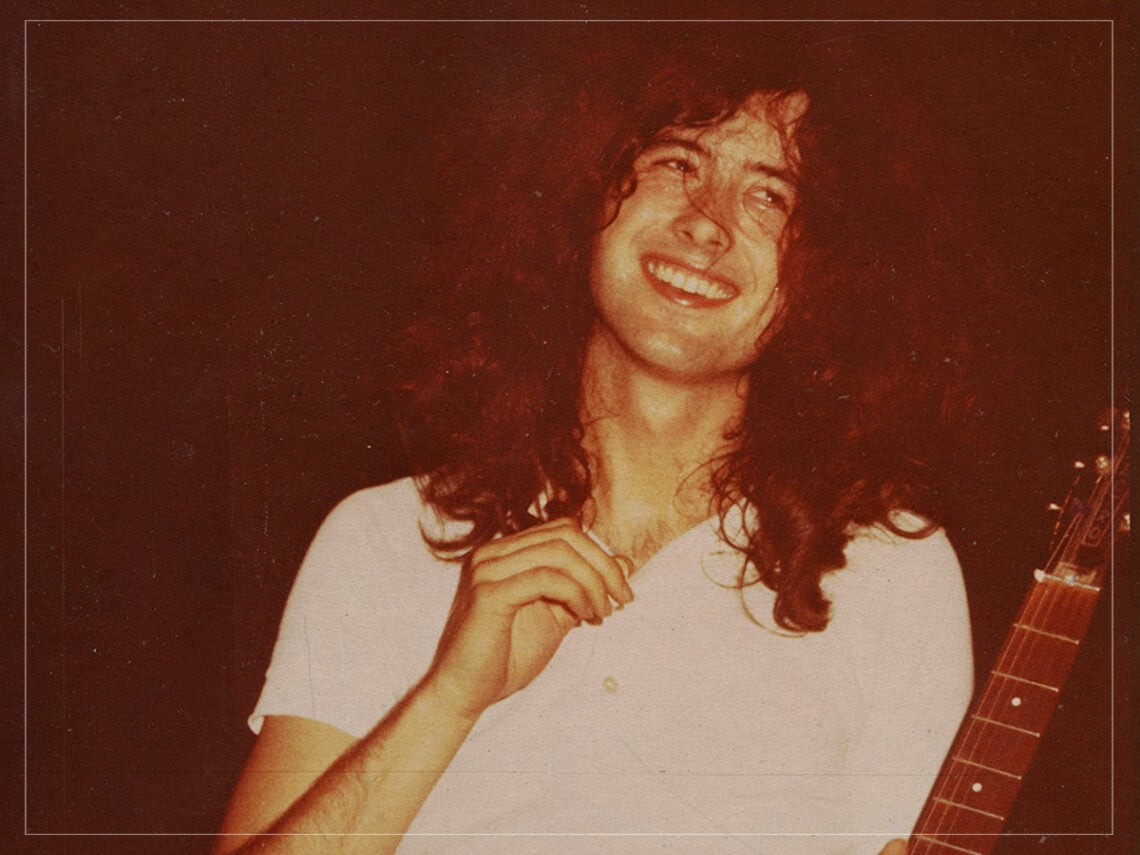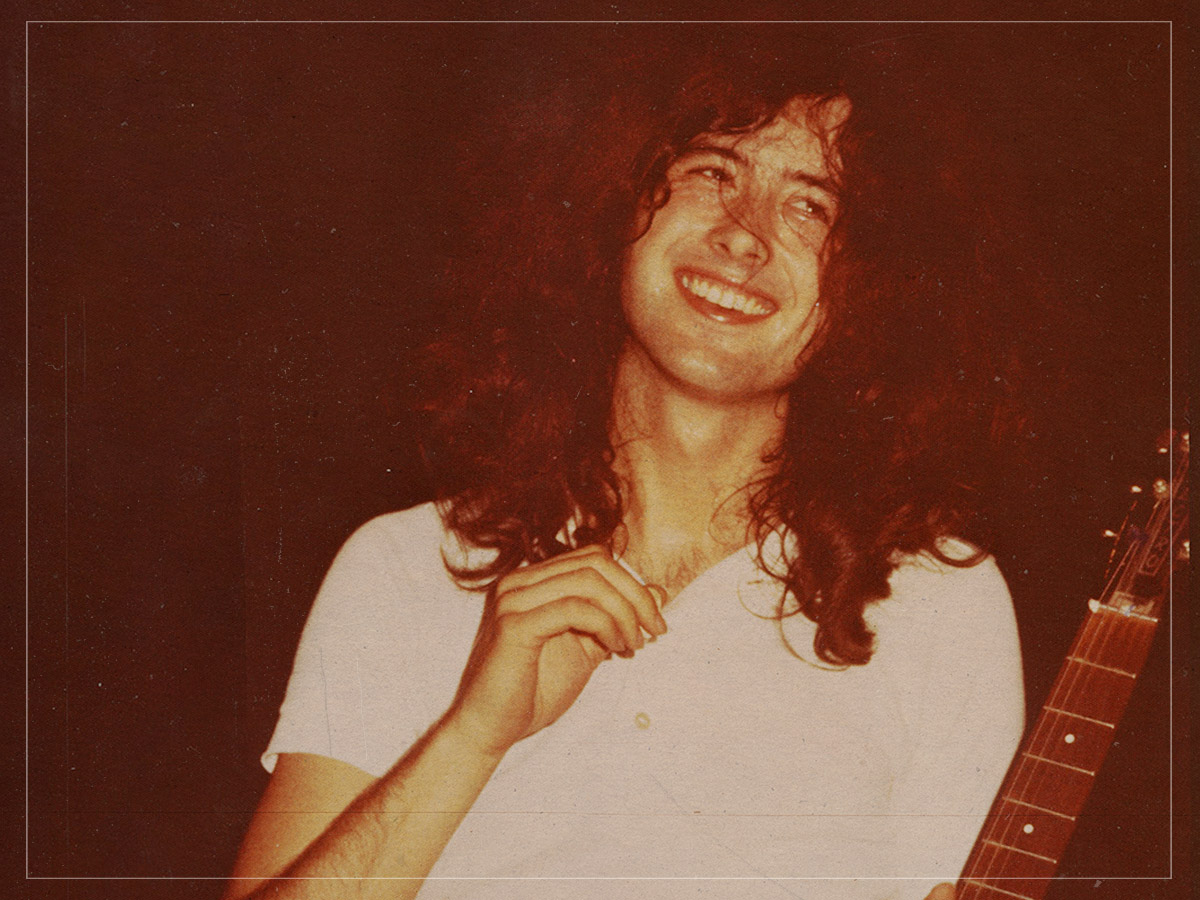
(Credits: Far Out / 2025 Paradise Pictures Ltd)
Tue 13 May 2025 19:00, UK
Throughout the 1970s, many hard rock bands fought tooth and nail to serve up sounds that weren’t just explosive, but intricate and original, too. The sudden competitiveness of the scene meant that everybody was fighting for a place at the top against talent so extraordinarily brilliant that, sometimes, the push for excellence became counterproductive. There’s perhaps no one better equipped to understand this than Jimmy Page.
While the 1960s introduced a different kind of challenge, with countless acts attempting to replicate the charms of their favourites to make a name for themselves, the 1970s for rock saw the beginnings of a more high-stakes battlefield, with bands like Led Zeppelin working hard not only to establish themselves as forerunners but leaders of the movement. A big part of that was building on the previous guitar work of rock ‘n’ roll’s originators.
This was something Page felt burgeoning from deep within, particularly while they were working on Presence. By this time, it didn’t bode well to just be a guitarist with basic know-how about the appeal of regurgitating old licks and tricks; to do something worthwhile, you had to offer something with refreshed purpose, like an extensive, unmatched solo that others had no choice but to pay close attention to.
At this juncture, the guitar solo was one of the most important aspects of any major hard rock song. Many were trying and failing not only to master the art of the piece itself but to do so in a way that revolutionised the entire space, drawing other maestros in and making them wonder how they pulled off such a seemingly impossible feat. This is the exact mindset Page entered for ‘Tea For One’.
Most people criticise the song because it sounds too similar to another Zeppelin song – ‘Since I’ve Been Loving You’ – but this is also something Page became aware of while creating the riff, which in-turn faced him with a frustrating overwhelm against the pressure of trying to come up with something new and explosive. “The chordal structure is similar, a minor blues,” he said of both tracks in 1977 to Trouser Press.
“I ended up sitting there thinking, ‘I’ve got this guitar solo to do,’” he told Trouser Press. “I was really a bit frightened of it. I thought, ‘What’s to be done?’” he continued, admitting that he was “extremely aware that you had to do something different than just some B.B. King licks.” With ‘Tea For One’, the challenge came from knowing that he “didn’t want to blast out the solo like a locomotive or something, because it wasn’t conducive to the vibe of the rest of the track.”
In the end, he pulled it out of the bag, blessing the track with a guitar solo that defined the whole thing, despite the struggle to create something that felt original and fit the scope of the kind of flavour of rock they were going for at the time. It also set Page apart when it came to other players, as not only did he fight for something more unmistakably appealing in a different way, but it also proved how much he wanted greatness, which is a lot to consider when looking at the ways others were happy to settle for basic commercialism.
Related Topics
Subscribe To The Far Out Newsletter
